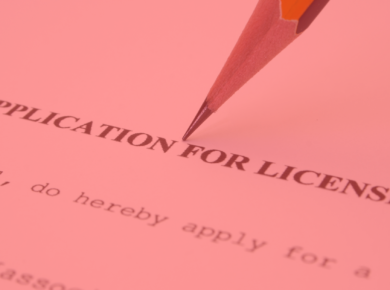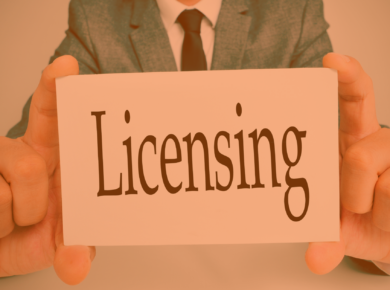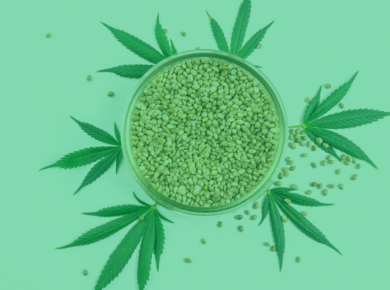Delta 10-THC and CBDa are both intriguing cannabinoids extracted from the hemp and cannabis world. The crux of their differences stems from their unique chemical compositions, and, consequently, their diverse effects on the human body.
Delta 10-THC is a variation of the renowned THC (tetrahydrocannabinol), albeit lesser known and found in smaller amounts. Recognized for its psychoactive properties, this compound can bestow users with a mellow ‘high’. However, its existence is primarily credited to specialized extraction and processing methods.
In stark contrast, CBDa, short for Cannabidiolic Acid, doesn’t exhibit any psychoactive properties. This compound is the unrefined version of CBD (cannabidiol). When subjected to heat or sunlight, a phenomenon known as decarboxylation transforms CBDa into CBD.
Both Delta 10-THC and CBDa belong to the cannabinoid family tree. Yet, their distinct molecular makeups lead them to interact differently with our body’s endocannabinoid system. The ensuing effects can be diverse and often depend on individual factors and the product’s precise formulation.
For those considering diving into the cannabinoid pool, it’s imperative to consult with a healthcare expert. Before integrating any new supplement into your diet, especially cannabinoids, a professional’s advice is invaluable.
Many States allow hemp derived cannabinoids under the 2018 Farm Bill as long as they contain less than .3% D9 THC. Some States have explicitly banned cannabinoids like Delta 8, so check your local rules and regulations before purchasing.
Here’s the rules for Kush.com and more details
Frequently Asked Questions (FAQs)
- What Sets Apart Delta 10-THC from CBDa? Delta 10-THC, a psychoactive cannabinoid, is reminiscent of Delta 9-THC but with milder potency. In contrast, CBDa acts as a precursor to CBD and is inherently non-psychoactive. The primary distinction lies in their effects, with Delta 10-THC potentially inducing a light psychoactive sensation, whereas CBDa remains neutral.
- How Are These Compounds Derived from the Hemp Plant? A variety of methods can extract both Delta 10-THC and CBDa from hemp. While advanced techniques like fractional distillation are employed for Delta 10-THC, CBDa extraction is often done via cold-press or juicing from raw hemp.
- Do All Hemp Strains Contain Delta 10-THC and CBDa? Not every hemp strain boasts significant concentrations of Delta 10-THC or CBDa. Their presence can vary based on the specific hemp strain, cultivation conditions, and extraction methods.
- What About the Legality of Delta 10-THC and CBDa? The legalities of these cannabinoids can differ by State. Generally, hemp-derived products with less than 0.3% Delta 9-THC, which includes Delta 10-THC and CBDa, are permissible under Federal Law. However, it’s crucial to stay updated with local laws too.
- How Can One Consume Delta 10-THC and CBDa? Both these cannabinoids are available in various forms, from tinctures to edibles. Delta 10-THC is often ingested orally or vaporized, while CBDa is popular in raw juice or capsule form. Always exercise caution and seek guidance from experts before consumption.
Shop
Recommended Products You Might Like:



